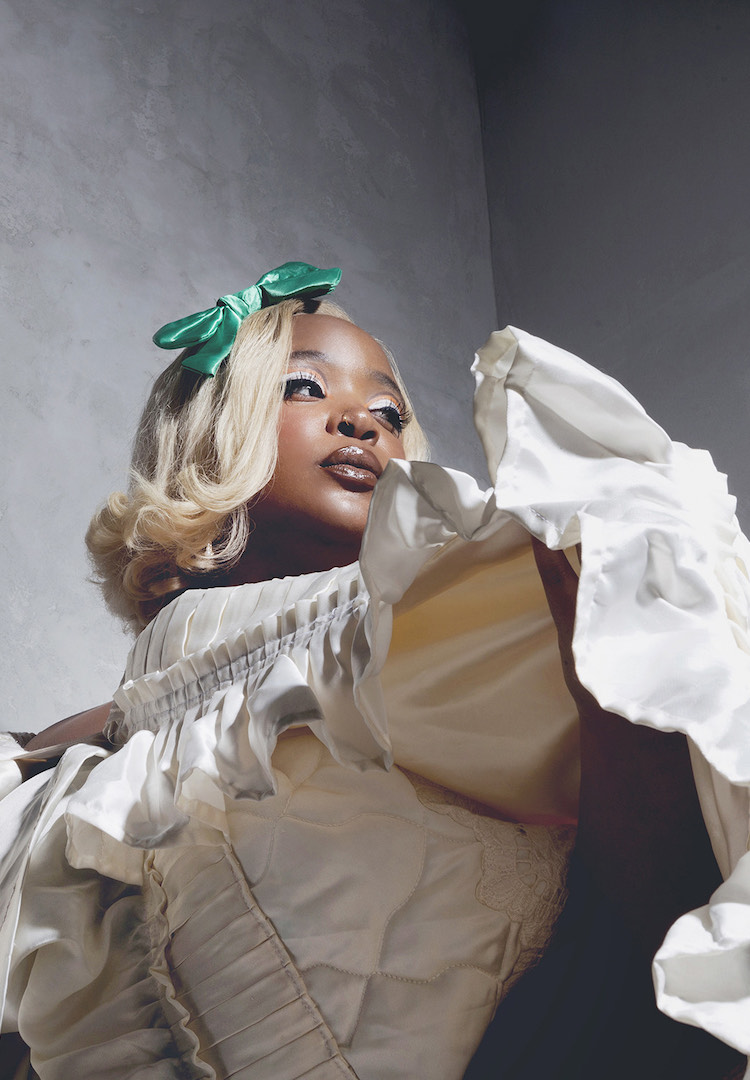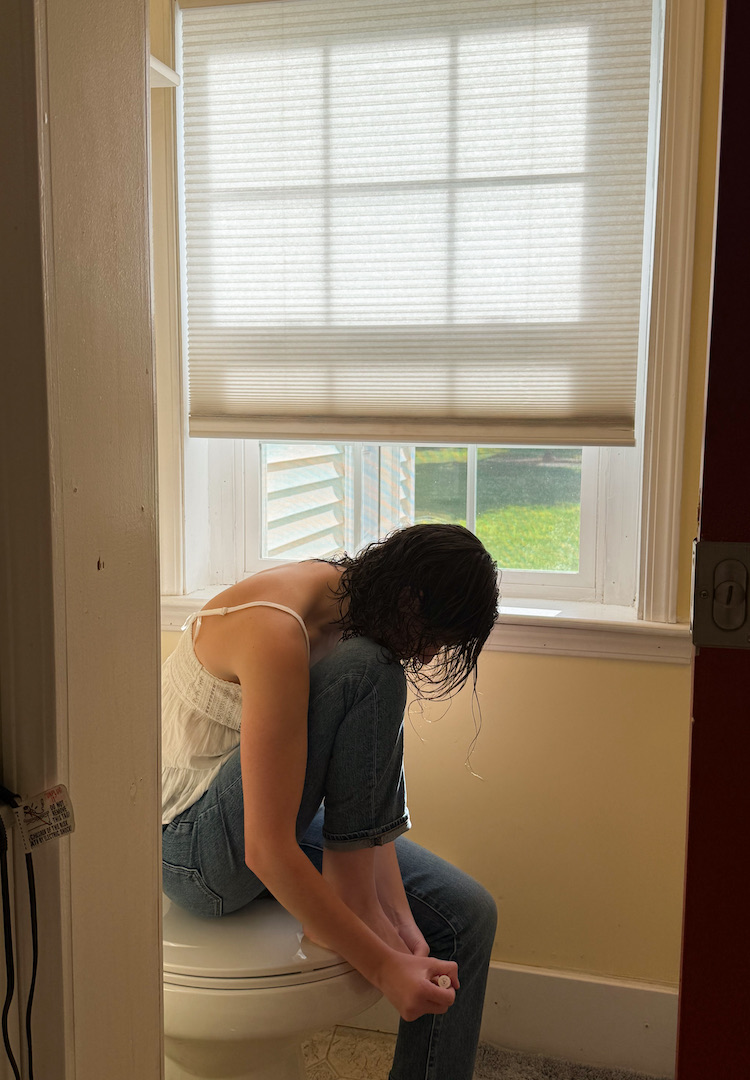Why personal high standards and expectations are good for nobody
Photography by Sam Wong
Words By Sophie McGrath
It’s time to stop the judgements and assumptions.
I used to think (who am I kidding, I am currently working through) that there is some kind of ‘gold standard’ of character and morality which we can all uphold ourselves to, or at least strive to reach.
Take me, for instance. I’m stubborn with a pretty strict moral code, the worst kind. I have a black and white, right and wrong way of thinking and have high expectations of myself and others (all-inclusive, no one is off the hook – apologies loved ones and strangers).
This sort of attitude does help me stay driven in some aspects of my life but the daily, mundanity of life is where I slip up constantly – rude people who push in line on the road or on foot, tight asses, people who lack manners, inauthentic and inconsiderate people… the list goes on. Gosh, even the dude who has a habit of heading into my local cafe to grab a coffee at 6.24am every morning without fail before the 6.30am opening time really grinds my gears.
You’ll either think I need to let all that shit go, or you’ll agree with some or all of the things I’ve listed. What I’m getting at is, it’s all well and good to have a high moral code but if the lower-level stuff is going to make you suffer, it might be something you’ve got to work on, like me. I’m human and so are you, so some flexibility is required.
Every one of us has a personal moral code. It’s the rules we personally live by and believe to be morally right and sound according to us and us only. Yours might be a reflection of your upbringing, or indeed a rebellion against it. Each moral code is different and may not actually be legally sound, but according to the person’s values, it is moral.
If you’ve read my past articles, you’ll know I have chronic fatigue syndrome. I’ve lived life beyond a normal pace for a very long time – socially, emotionally, physically, cognitively. 2020 has been my year of the slow down – the isolation orders in Melbourne have made sure of this. It’s been a time to reassess, to notice my negative patterns and habits and change or update accordingly.
But the one thing that stops me in my tracks and can induce overwhelming feelings of distress and anger is my fierce and never-backing-down righteous moral code. Everything I discuss with my psychologist always seems to be stripped down to expectations of myself and my expectations of others.
In her Netflix documentary, Miss Americana, Taylor Swift admits to being driven by a hunger for the public’s approval. “My entire moral code is a need to be thought of as good,” she says.
I get that, that’s me too Tay Tay! Like Ms T. Swift, I am my own worst critic and I’m convinced that I can often be completely misunderstood even though I have the best intentions, or I fixate on the idea that others might think of my shortcomings as much as I do.
The thing is, we all want to see ourselves as good and decent people, yet at times we too can behave outside the gates of our own moral code. Our moral failings challenge the very perception of ourselves (hello ego), and so we engage various self-chat tricks to defuse our actions.
High standards are the personal calling card of the overachiever and these standards are often strictly applied both to the self and others. This can cause not only a lot of tension in close relationships, but an imbalance in ourselves and with society as a whole.
I have a bad habit of getting agitated by other people’s issues with other people whether it be my husband Mark or my mum or whoever. I find myself getting uptight, angry and anxious on their behalf, about an issue that has absolutely nothing to do with me. My reaction doesn’t achieve anything whatsoever, rather, it’s a negative habit pattern whereby my body thinks and feels it’s doing something morally proactive and helpful.
Oh, another one – I always say, “I would never do that” or “If that was me”. Luckily for me, Mark always pulls me up on this habit as it’s completely unnecessary to address someone else’s mishap as your own undertaking and displaying what you would do in the same scenario. It’s big-headed and unhelpful of me and I love Mark for holding me accountable to my words and actions.
So now I’m calling it – it’s game over. Now more than ever, it’s empathy’s time to shine. We’re all on high alert, overwhelmed by nervous energy and unsettled by what the future might bring.
So let’s…
- Stop the assumptions: An individual might not even be aware they are doing something that is considered wrong. If it’s really bothersome, tell them in a calm and cooperative way.
- Stop the judgement: You’ll never know what shaped a person’s decision nor do you know what might be going on inside their head or lives whether they’re a stranger or a loved one. And while you’re here, stop the judgemental thoughts. You might as well make it a daily practice to get in the habit of interrupting negative thought patterns as a whole! Happiness is just around the corner if you can nail this.
- Create personal boundaries if you need them: These can be great to try and rebound negative actions of others and stop the feelings associated with the things that can affect you. This takes time but the action of protecting yourself is one of self-love.
- Try to be aware and honest of your own moral weaknesses as they’re happening: It helps to be observant of your own behaviours, patterns and ways of thinking, whether they’re good or bad. It might help you be less critical and judgemental towards others.
So, let’s all continue to take our own personal high roads, ease up on the judgements and incorporate some compassion and flexibility into our lives – for our own sake and for others, too.













